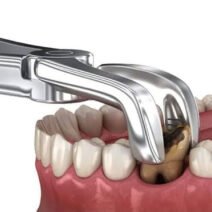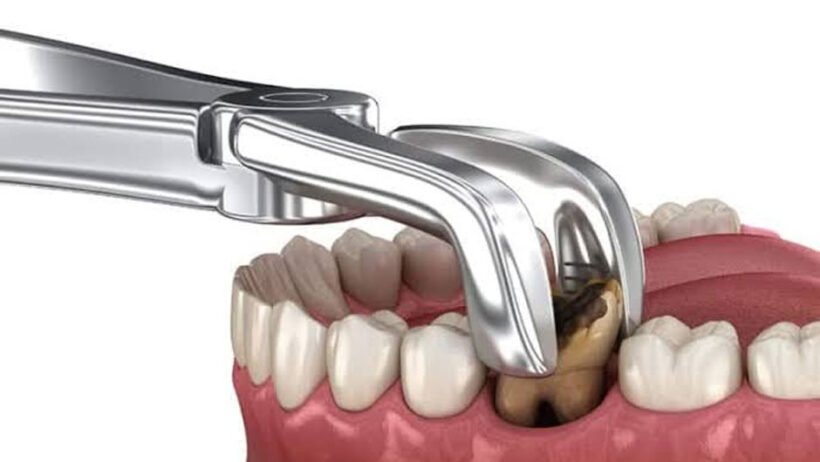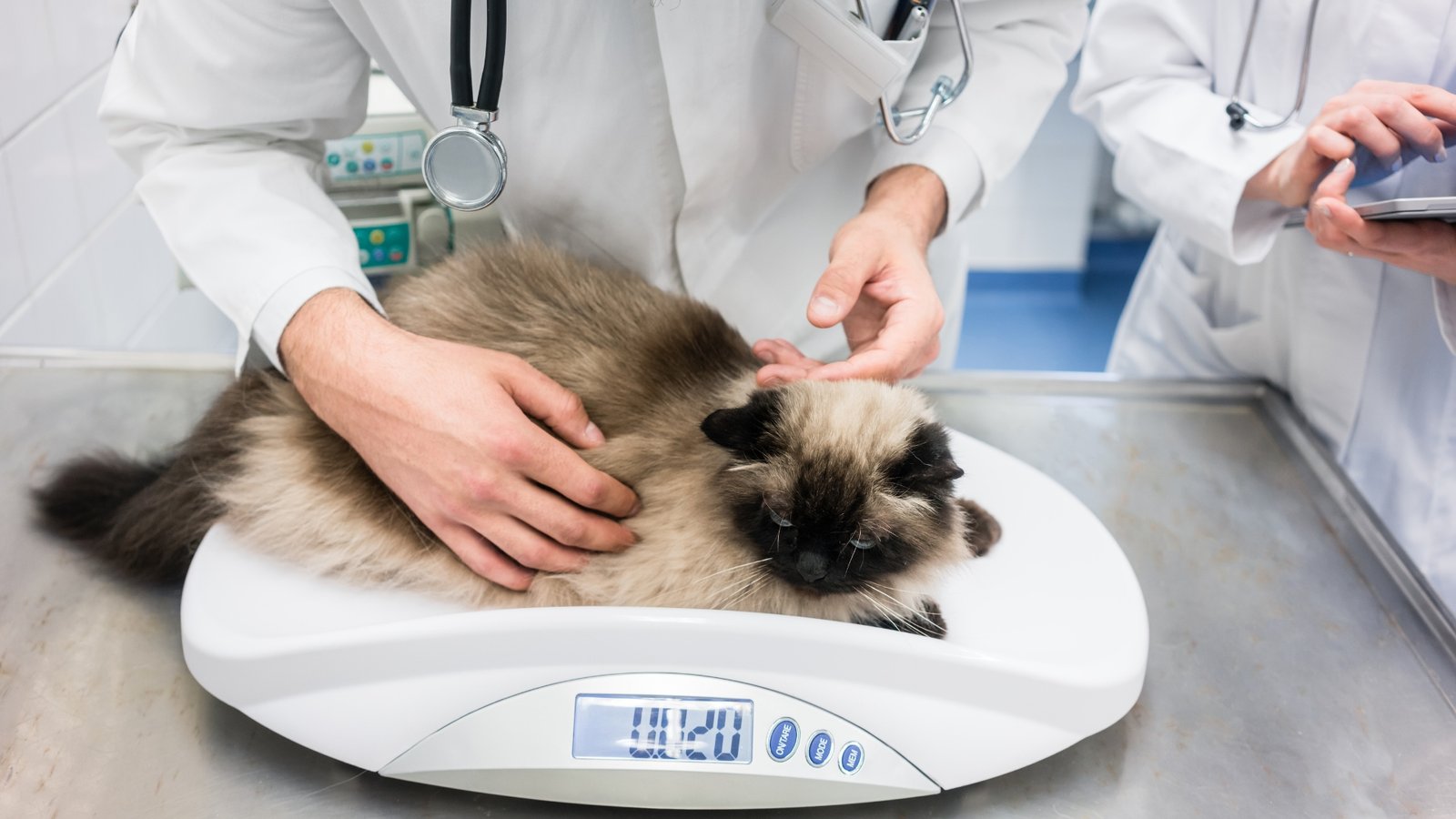No one likes to think about having their teeth pulled. Fears about the pain, the recovery process, and what your smile looks like post oral surgery, etc. leads to many misconceptions about tooth extraction.
Fortunately, modern dentistry addresses the anxieties around teeth extraction. With innovations in pain management and technology, oral surgery makes tooth extraction far less painful than even a few decades ago.
Knowing the truth behind teeth extraction myths can ease your fears the next time you visit your dentist or oral surgeon. Let’s bust some myths about tooth extraction!
1: Teeth extraction is always very painful
Anesthesia options help reduce pain. Often, patients don’t even remember much of the procedure, or of experiencing any pain.
Anesthesia is generally administered in one of three ways:
- IV sedation:you will have an IV line in your arm. You won’t experience any pain, and you won’t remember much of the procedure. Once the anesthesia kicks in, the oral surgeon numbs your gums with a local anesthetic.
- Local:to numb your teeth and gums, anesthesia is administered with an injection by the tooth requiring extraction. You will be conscious during the procedure but will not feel any pain.
- General:you may have an IV line in your arm, or breathe in medication through your nose, or both. You won’t experience any pain or remember the procedure, since you’ll be in a deep sleep. General anesthesia is typically used for more complex tooth extractions, such as wisdom teeth removal.
2: Wisdom teeth are the only teeth requiring removal
Damaged teeth, whether from cavities or an accident, may require extraction. Impacted teeth, or teeth that fail to erupt (come out) properly, may also need extraction.
3: Everyone needs to have their wisdom teeth removed
It’s true that wisdom tooth removal is an extremely common dental procedure. Every year, millions of people undergo the procedure.
But not every single person needs to have their wisdom teeth removed. Your oral surgeon or dentist will only recommend wisdom teeth removal for:
- impacted wisdom teeth
- wisdom teeth that cause you pain
- wisdom teeth that are crowding and damaging surrounding teeth
4: Recovery takes forever
Most folks recover from tooth extraction 3 to 4 days post-surgery. For wisdom teeth, extraction sites can take several weeks to fully heal, but your mouth should still be functional within a few days.
For optimal recovery, always follow your oral surgeon or dentist’s aftercare advice. Contact them if you have questions or concerns.
5: You don’t need to replace an extracted tooth
While this applies to wisdom teeth, any other teeth that are removed require replacing. Why? Without a tooth to stimulate the jawbone, your jawbone can deteriorate over time, in a process called bone resorption. This increases the risk of facial deformity and losing more teeth.
To prevent bone resorption, your oral surgeon will likely recommend dental implants. Dental implants are a wonderful option for missing teeth. Not only do they look like real teeth, but dental implants also function like a real tooth, as you can bite and chew with them.
6: Tooth extraction can deform your face
Modern oral surgery focuses on preserving facial structure. Before you undergo any procedure, your oral surgeon will consult with you first. They will examine your teeth, answer your questions, and explain the procedures in depth. For example, as wisdom teeth are further back in the mouth, removing these teeth usually does not affect facial structure.
Post procedure, any changes you observe is usually temporary swelling.
7: Everyone gets a dry socket after wisdom teeth removal
A dry socket is when a blood clot dislodges from the tooth socket. A dry socket can also occur when a clot doesn’t form at all. Without a clot, this exposes the nerves and bone where the tooth once was.
A common misconception is that everyone experiences a dry socket after wisdom tooth extraction. The truth is that dry sockets occur about 30% of the time after wisdom teeth extraction.
8: Your jaw will be broken during oral surgery, to remove a tooth
One myth, often associated with wisdom tooth removal, is that your jaw must be broken to access teeth for removal.
The truth is your jawbone will be left alone during the procedure. Your oral surgeon or dentist cuts into your gums if needed and loosens the teeth requiring extraction.
The risks for a broken jaw during a procedure are if you have osteoporosis (low bone density), and/ or your dentist uses improper technique to remove a tooth. Fortunately, jaw breaks during tooth extraction are rare.
9: You will lose your sense of taste
Tooth extraction can cause a loss of taste, but this is usually a short-term change. Most patients report their taste returns after a few days to a few weeks.
10: You can still use a straw post-surgery
The first week after oral surgery, avoid using straws. Why? Using a straw can dislodge blood clots, resulting in painful dry sockets. Sip beverages instead to ensure proper healing.








